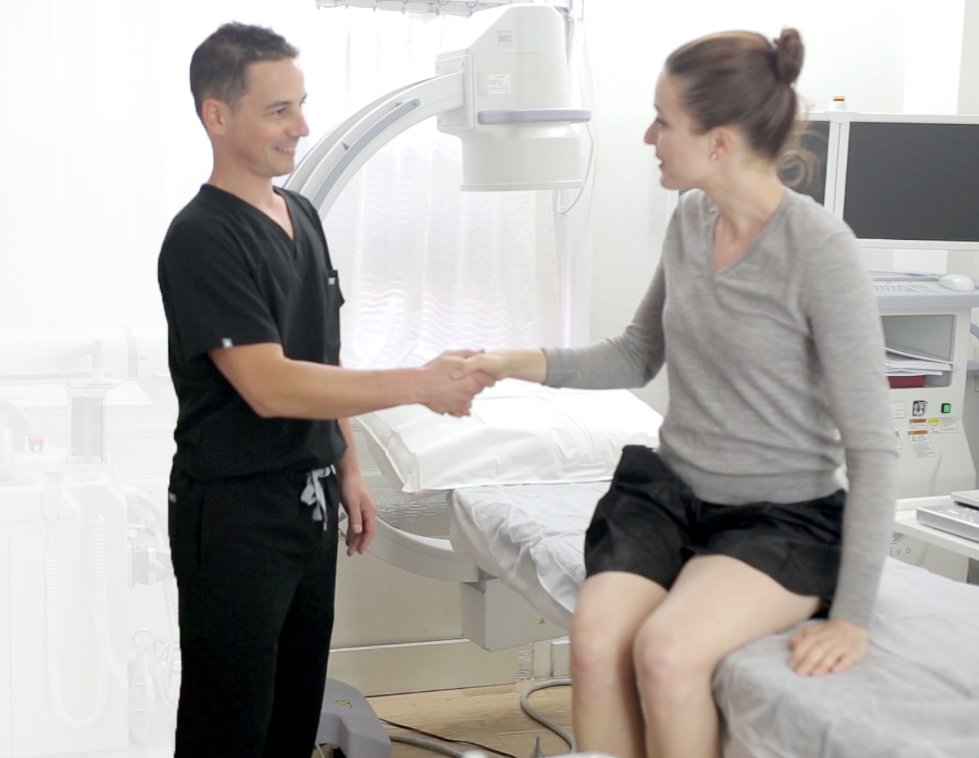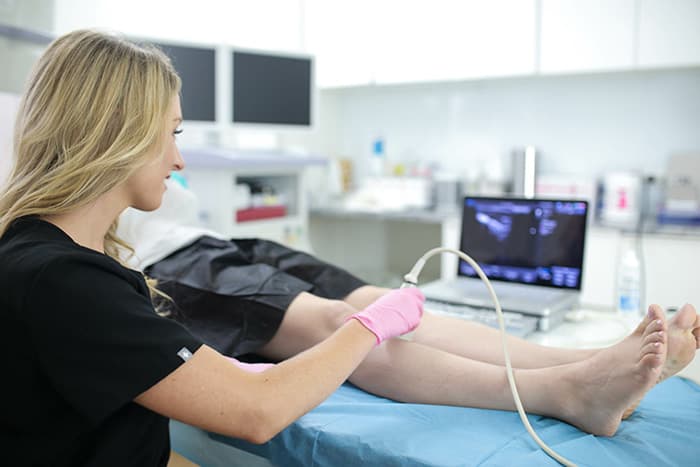The Advantage of Early Diagnosis: What Kind of Doctor Treats Varicose Veins?
Varicose veins are more than just a cosmetic concern—they can lead to pain, discomfort, and serious health complications if left untreated. Many people suffering from bulging, twisted veins in their legs often ask: what kind of doctor treats varicose veins? The answer is clear—a vein treatment specialist.
Let’s explore who these specialists are, what treatments they offer, and why seeing one early is essential to your health.
Understanding Varicose Veins
Varicose veins occur when valves in your veins stop working correctly. Instead of pushing blood toward the heart, weakened valves allow blood to pool, causing veins to enlarge. Most commonly found in the legs, varicose veins can result in:
- Aching or throbbing pain
- Swelling and heaviness
- Skin discoloration or ulcers in severe cases
Ignoring these symptoms can lead to worsening vein damage and even complications like deep vein thrombosis (DVT). That’s why consulting a vein treatment specialist early makes a major difference.

Who Is a Vein Treatment Specialist?
A vein treatment specialist is a medical professional trained in diagnosing and treating vein disorders. These specialists often come from different backgrounds, such as:
- Vascular surgeons – Experts in treating blood vessel conditions through surgery and other procedures
- Interventional radiologists – Physicians who use imaging techniques to perform minimally invasive treatments
- Phlebologists – Doctors who focus exclusively on vein health
Each of these professionals can accurately diagnose varicose veins and recommend the most effective treatments. A vein treatment specialist evaluates your condition using advanced tools like ultrasound and tailors the therapy to your needs.
What to Expect During a Consultation
During your first visit, the vein treatment specialist will ask about your symptoms, medical history, and lifestyle. A physical examination, along with a Doppler ultrasound, helps determine the extent of vein damage.
The doctor will then recommend a treatment plan. Common options include:
- Sclerotherapy: A saline or chemical solution is injected into the vein, causing it to collapse and fade.
- Endovenous laser treatment (EVLT): A laser fiber inserted into the vein uses heat to seal it shut.
- Radiofrequency ablation: Similar to EVLT but uses radiofrequency energy instead.
- Surgical vein stripping: In more severe cases, a surgeon may remove damaged veins entirely.
These treatments are often quick, minimally invasive, and require little recovery time—just another reason to see a vein treatment specialist early.
Why Early Treatment Matters
Many people delay seeking help for varicose veins, assuming the problem is just cosmetic. However, untreated varicose veins can worsen, leading to:
- Chronic pain and swelling
- Skin ulcers
- Blood clots and other circulatory issues
The advantage of seeing a vein treatment specialist early lies in preventing these complications. Early intervention not only improves comfort and appearance but also protects long-term vascular health.
Choosing the Right Specialist
When searching for a vein treatment specialist, look for someone who:
- Is board-certified in vascular medicine, radiology, or surgery
- Has experience with various vein treatment procedures
- Uses the latest diagnostic and treatment technology
- Has positive patient reviews and transparent communication
It’s also wise to check if your insurance covers vein treatments and whether the clinic offers payment plans or consultations.

How to Prevent Varicose Veins After Treatment
Even after successful treatment, lifestyle changes help prevent varicose veins from returning. A vein treatment specialist will likely recommend:
- Regular exercise: Walking, cycling, or swimming to promote healthy circulation
- Weight management: Reducing pressure on the veins
- Leg elevation: Resting with legs raised above heart level
- Compression stockings: Supporting vein function and reducing swelling
- Avoiding long periods of sitting or standing: Taking breaks to move improves blood flow
By following your specialist’s guidance, you can maintain vein health for years to come.
Conclusion:
So, what kind of doctor treats varicose veins? The answer is a skilled vein treatment specialist—a physician trained to recognize, diagnose, and treat vein issues with precision and care. Whether your concerns are cosmetic or painful, don’t wait for the condition to worsen.
Early consultation brings significant advantages, from faster relief to long-term health protection. If you notice symptoms of varicose veins, make an appointment with a vein treatment specialist today and take the first step toward healthier legs and a better quality of life.
Comments
Post a Comment